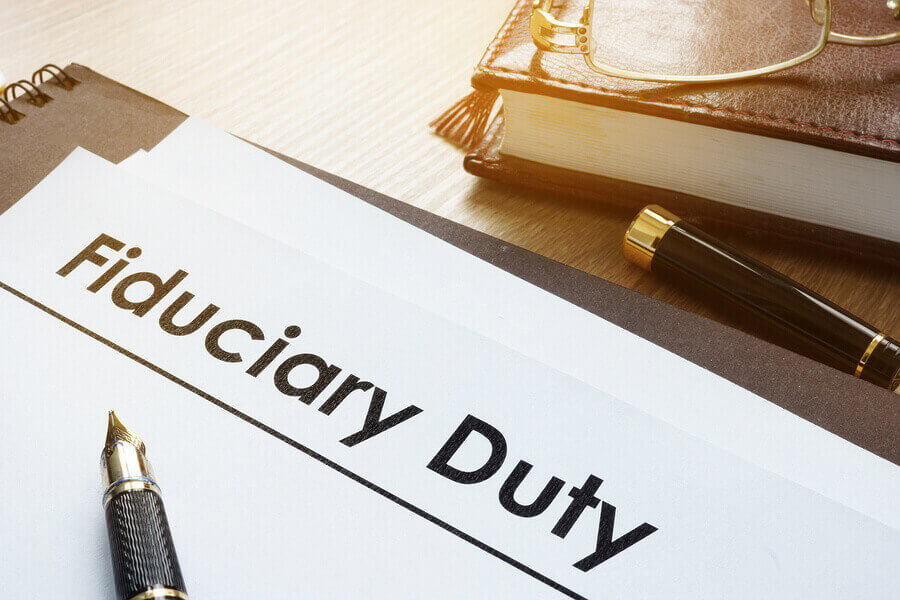Board Training Opportunity – Section II – April 20th

The second section in Sharper’s Board Training program is scheduled for Wednesday, April 20th, 6 p.m. at the Wells Fargo Plaza located at 7900 Xerxes Avenue in Bloomington. This free, 90-minute session will focus on financials and insurance. Led by Sharper’s director of business development and education, Josh Reams, and president of Insurance Warehouse, Eric Skarnes, specific topics will include: Insurance Basics: Defining Policy Types & Coverages Understanding Deductibles Marketplace Update Financial Fundamentals: Setting & Managing Operating Budgets Reserve Fund Requirements Understanding Reserve Studies Basic Financial Reports Audit/Review & Tax Requirements If you are interested in reserving your spot for this free training opportunity, email clientcare@sharpermanagement.com
Fiduciary Duty

As many Associations enter budget season, it’s a good time to reflect on a phrase that is thrown around, but seldom understood and all too often not taken seriously enough – Fiduciary Duty. Be it the approval of a budget, the granting of a homeowner request or the selection of a contractor, as an elected Board member and representative of your community association, it is your legal obligation. So, what does it mean? According to Webster Dictionary, Fiduciary Duty is “the legal duty of a fiduciary to act in the best interest of the beneficiary.” Yeah, OK. That’s well enough. In the context of your role as a Board member, however, we can dig a little deeper. As a governing body, the Board of Directors has three primary functions: A policy making body (creating Rules) An approval body (approving a budget, managing architectural controls or contracting services) An oversight body (reviewing financials or evaluating vendor services) According to our industry resource, Community Association Institute, as an individual Board member you work to fulfill these functions and meet your all-important fiduciary obligations under two doctrines. Duty of Care – making reasonable and informed decisions; regularly attending and participating in Board meetings; exercising independent judgement; relying on experts, but still exercising good business judgement; and acting in the best interest of the Association as a whole. Duty of Loyalty – putting aside all personal interests; eliminating conflicts of interests; and exercising power in good faith to benefit the best interests of the community. In summary, to ensure you are fulfilling your Fiduciary Duty – remember your primary functions as a collective Board and individual Board member, and ensure you are guided by the principles outlined in Duty of Care and Duty of Loyalty. To be even more succinct – work smart and don’t be selfish! (See more at https://www.caionline.org/LearningCenter/ResLib/Pages/3454.aspx )
